Anxiety in dogs is a widespread issue that can greatly affect both their quality of life and the well-being of their owners. Certain breeds are more susceptible to anxiety due to factors such as temperament, sensitivity to environmental changes, and genetic predispositions. This anxiety can manifest through behaviors like excessive barking, destructive activities, trembling, and panting. Understanding which breeds are most prone to anxiety helps prospective dog owners provide the necessary care and environment to ensure a healthier, more balanced life for their pets.
Chihuahua
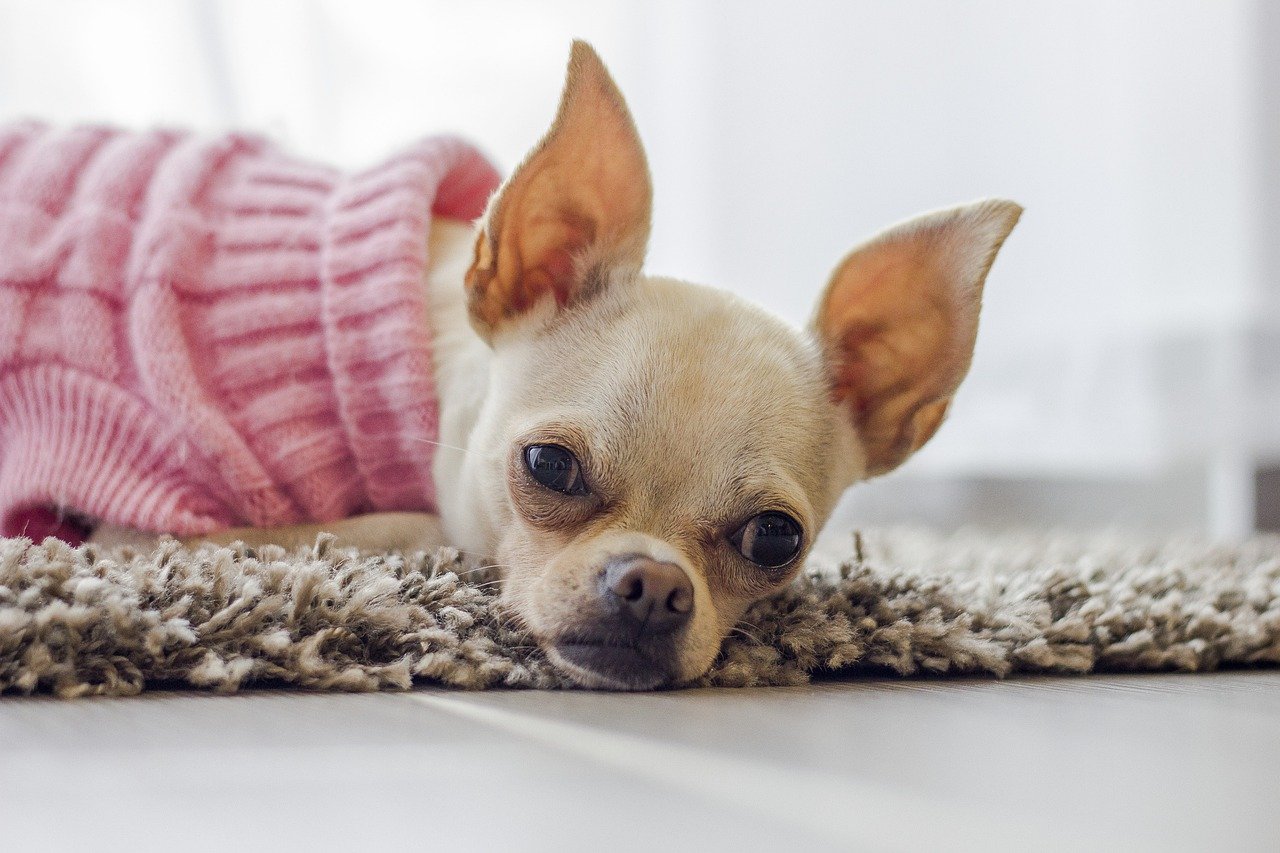
Despite their small size, Chihuahuas have big personalities and a significant predisposition to anxiety. These tiny dogs often develop separation anxiety due to their intense attachment to their owners. Loud noises, unfamiliar people, and new environments can easily overwhelm them, leading to anxiety. To manage a Chihuahua’s anxiety, owners should create a calm and stable environment, provide plenty of socialization, and use calming techniques such as gentle petting and reassurance. Regular exercise and mental stimulation can also help keep their anxiety at bay.
Cocker Spaniel
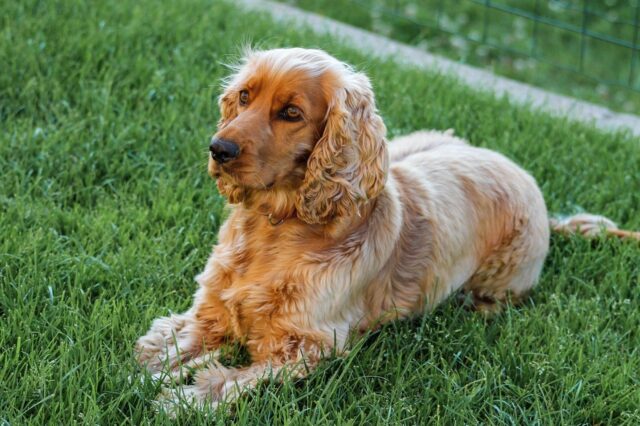
Cocker Spaniels are affectionate and gentle dogs that can be highly sensitive and prone to anxiety. They can become stressed in chaotic or loud environments and are particularly susceptible to separation anxiety. Regular exercise, mental stimulation, and a consistent routine can help manage their anxiety. Additionally, providing a quiet and safe space where they can retreat when feeling overwhelmed is essential for their well-being. Ensuring a stable and predictable environment can also help reduce their stress levels.
German Shepherd
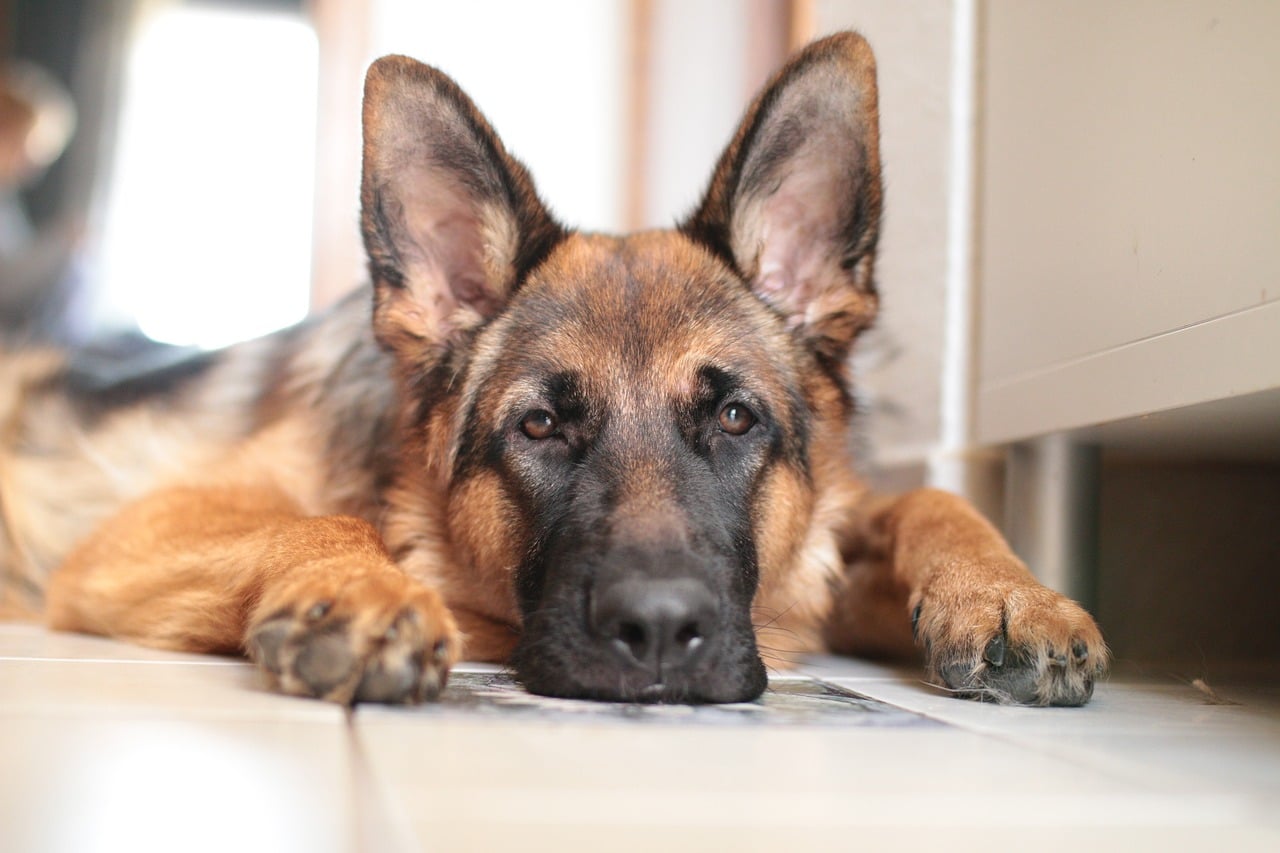
German Shepherds are intelligent and loyal dogs, but their protective nature can make them prone to anxiety. They may develop separation anxiety or become stressed when they perceive threats to their family or territory. Proper training, socialization, and plenty of physical and mental exercise are crucial in reducing their anxiety. Maintaining a stable environment and avoiding sudden changes in their routine also helps keep their stress levels low. German Shepherds benefit from having a clear role and purpose within the household, which can help alleviate anxiety.
Vizsla
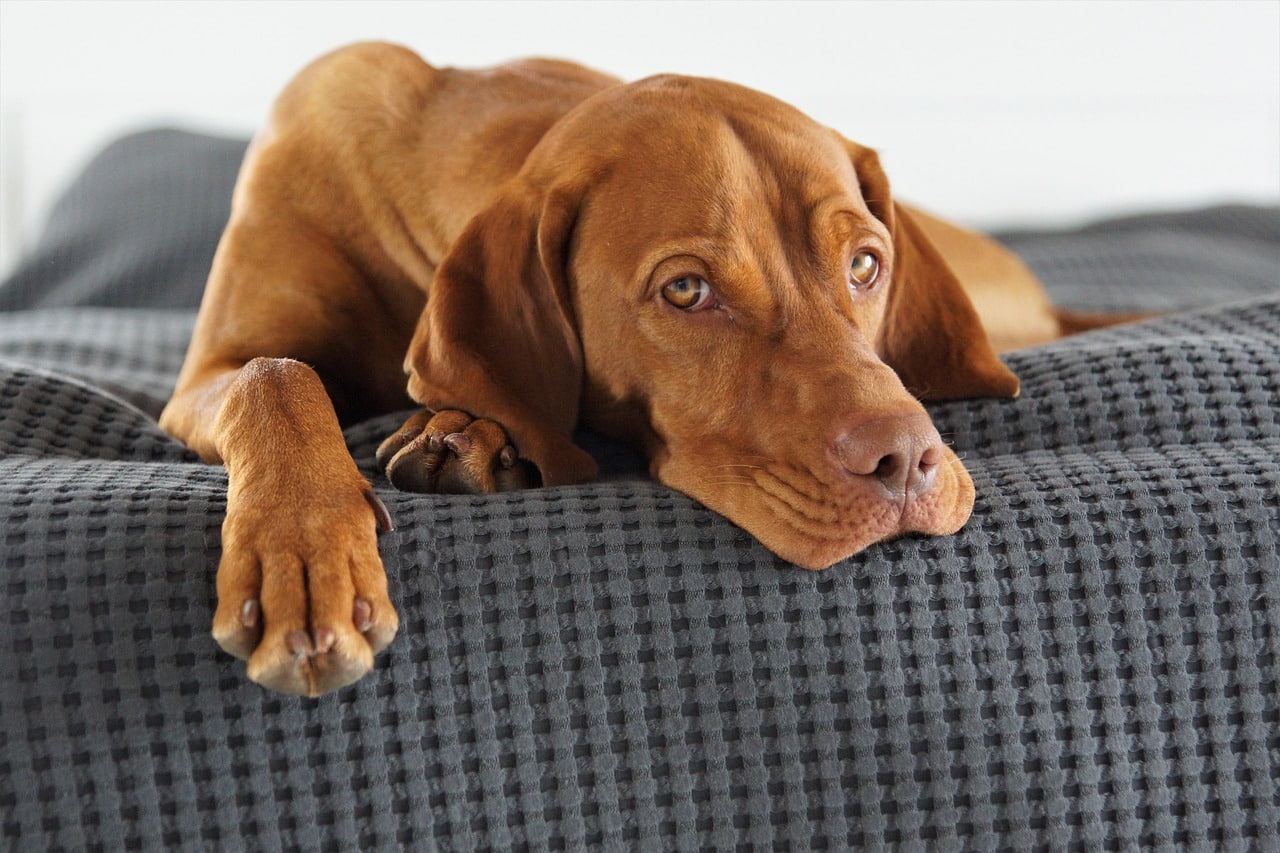
Vizslas are energetic and affectionate dogs that thrive on human companionship, making them prone to separation anxiety. They are highly sensitive and can become anxious in unfamiliar situations or environments. Owners should provide regular exercise, mental stimulation, and social interaction to manage stress. Crate training can also provide a sense of security when their owners are not around. Vizslas benefit from a structured routine and plenty of opportunities to engage in physical activities to keep their minds and bodies occupied.
Border Collie
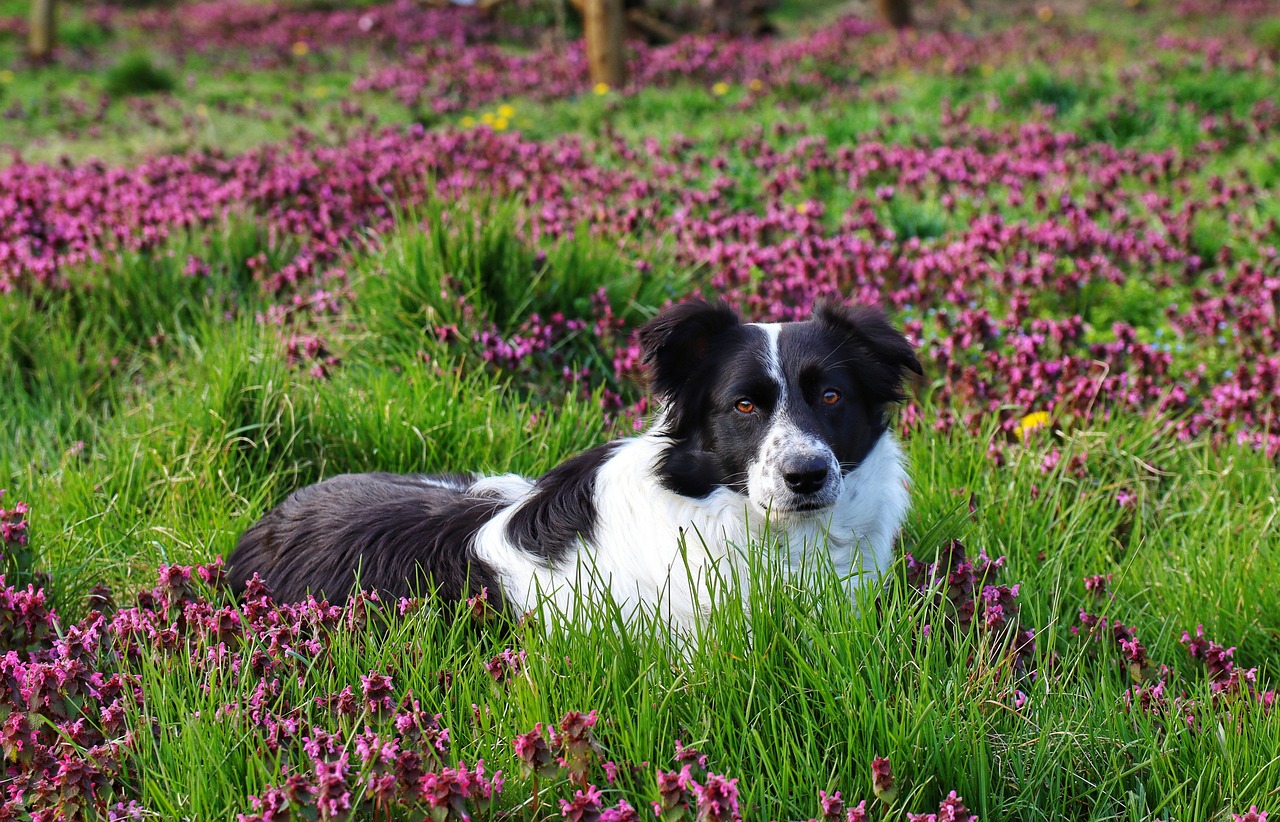
Border Collies are incredibly intelligent and energetic dogs that need constant mental and physical stimulation. Without sufficient activities, they can become anxious and exhibit destructive behaviors. Regular exercise, training, and tasks to do can help manage their anxiety. They also benefit from a stable environment and a consistent routine to control their stress levels. Border Collies thrive in environments where they have a job, which helps channel their energy and reduce anxiety.
Beagle

Beagles are friendly and curious dogs, but their strong sense of smell and hunting instincts can lead to anxiety in new environments. They often suffer from separation anxiety due to their social nature and strong bond with their owners. Providing ample exercise, mental stimulation, and companionship can help alleviate their anxiety. Positive reinforcement training builds their confidence and reduces stress. Beagles also benefit from having a variety of activities to engage their natural instincts and prevent boredom.
Poodle
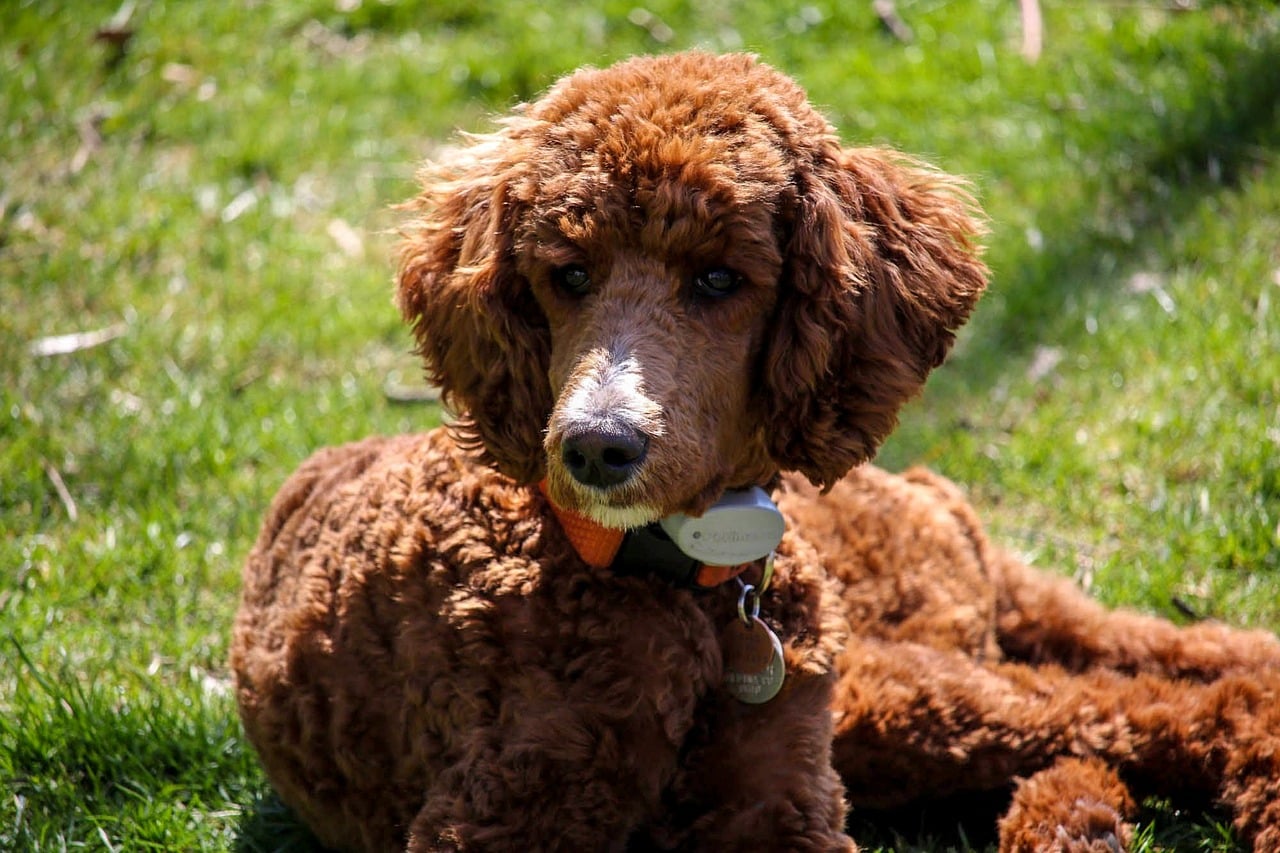
Poodles, whether Toy, Miniature, or Standard, are intelligent and sensitive dogs prone to anxiety. They need mental stimulation and socialization to avoid becoming anxious. Regular exercise, interactive toys, and a calm environment help manage their anxiety. Consistent routines and positive reinforcement during training also contribute to reducing their stress. Poodles benefit from being included in family activities and having plenty of opportunities to engage their minds and bodies.
Bichon Frise
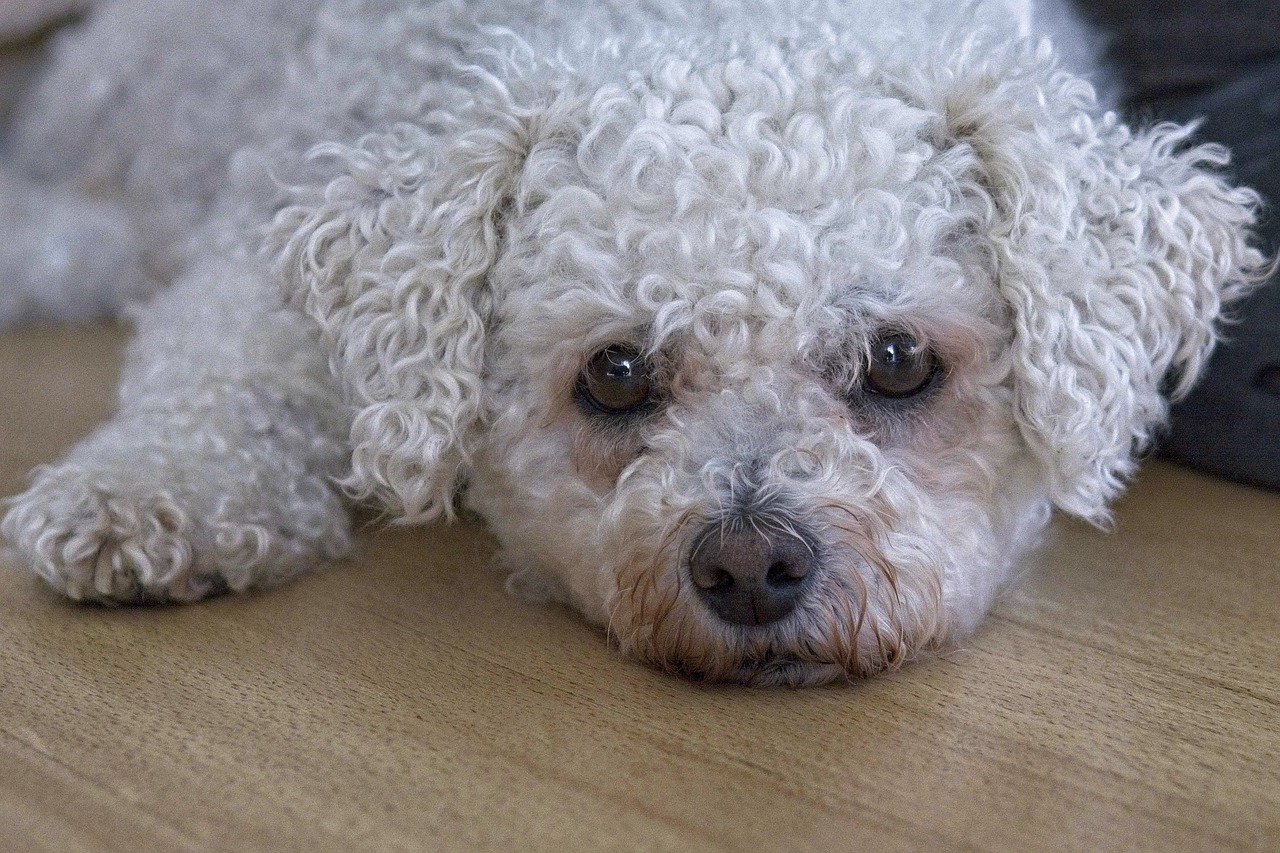
Bichon Frises are cheerful and affectionate dogs prone to separation anxiety. They can become anxious in unfamiliar environments or when left alone for long periods. Providing social interaction, regular exercise, and mental stimulation can help manage their anxiety. Creating a safe and comforting space where they can retreat when feeling stressed is also beneficial. Bichon Frises thrive on companionship and enjoy being close to their owners, making it important to include them in daily activities.
Labrador Retriever

Labrador Retrievers are friendly and outgoing but can experience anxiety, especially separation anxiety, due to their strong bond with their families. They may also become anxious in new or chaotic environments. Regular exercise, mental stimulation, and consistent routines help manage their anxiety. Positive reinforcement training and a calm environment are crucial for reducing stress in this breed. Labradors benefit from having plenty of social interaction and opportunities to engage in physical activities.
Jack Russell Terrier
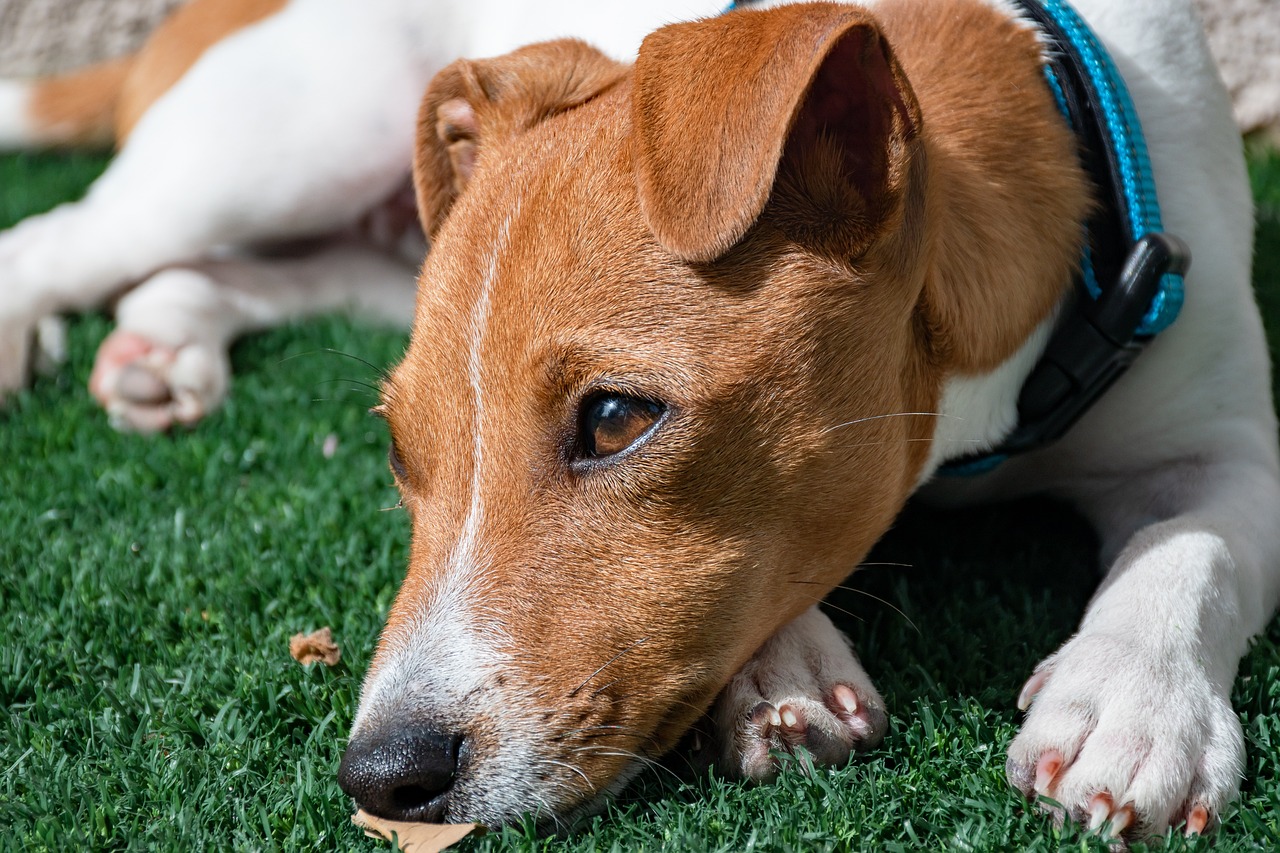
Jack Russell Terriers are energetic and intelligent dogs prone to anxiety due to their high energy levels and strong hunting instincts. They often develop separation anxiety and can become stressed in new environments. Regular exercise, mental stimulation, and interactive toys help keep Jack Russell’s mind engaged and reduce anxiety. A stable environment and consistent routines are important for managing their stress levels. Jack Russells benefit from plenty of opportunities to engage in activities that challenge their minds and bodies.
Italian Greyhound

Italian Greyhounds are elegant and affectionate dogs that are very sensitive and prone to anxiety. Their small size and delicate nature make them easily overwhelmed by loud noises and unfamiliar environments. Separation anxiety is common in this breed. Providing a calm and consistent environment, regular exercise, and plenty of social interaction helps manage their anxiety. Using calming techniques like gentle petting and reassurance can also reduce stress. Italian Greyhounds benefit from having a predictable routine and plenty of opportunities to be close to their owners.
Whippet
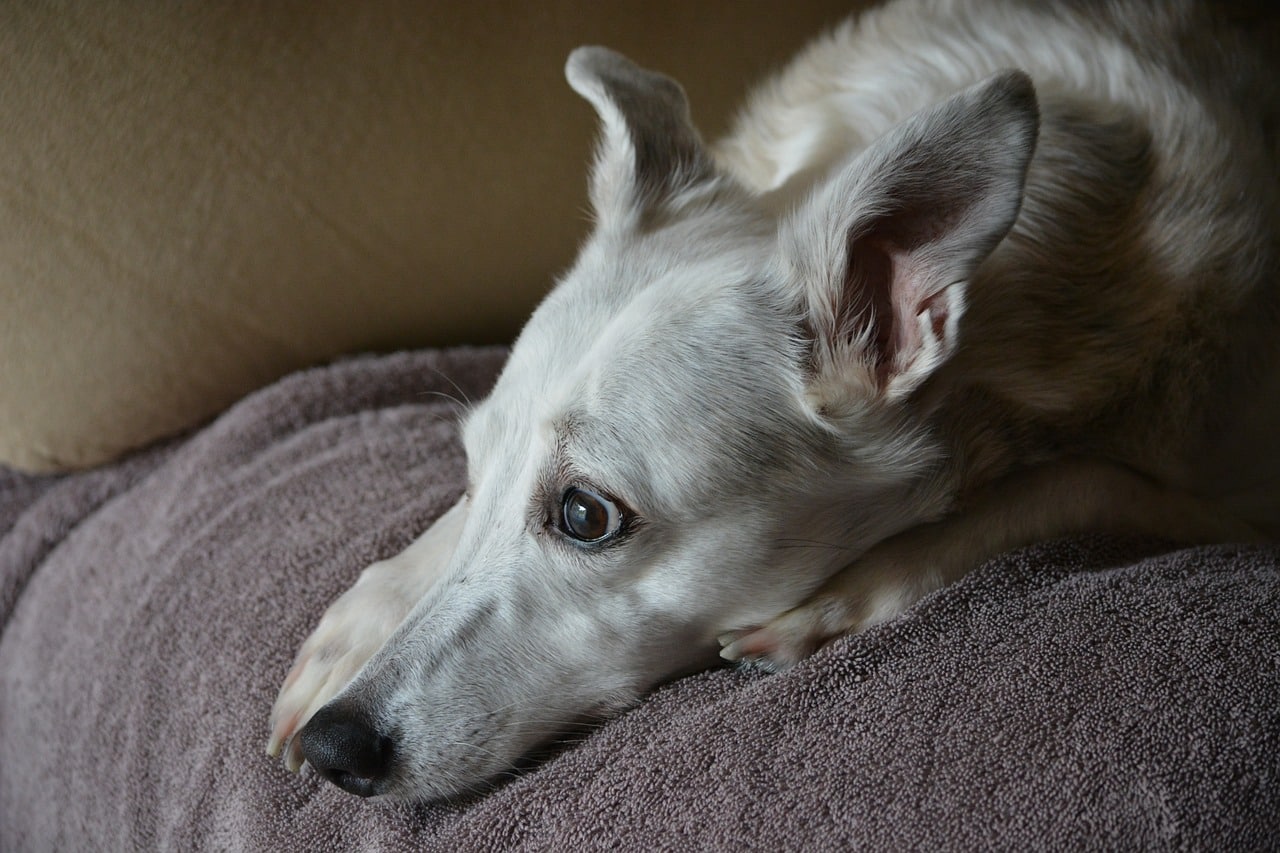
Whippets are gentle and affectionate dogs that are highly sensitive and prone to anxiety. Their calm nature makes them easily stressed by loud noises and chaotic environments. They often suffer from separation anxiety due to their strong bond with their owners. Regular exercise, mental stimulation, and a stable environment help manage their anxiety. Creating a safe and comforting space for them to retreat when feeling stressed is also important. Whippets benefit from having a predictable routine and plenty of opportunities to engage in physical activities.
Caring For Nervous Nelly Dog Breeds
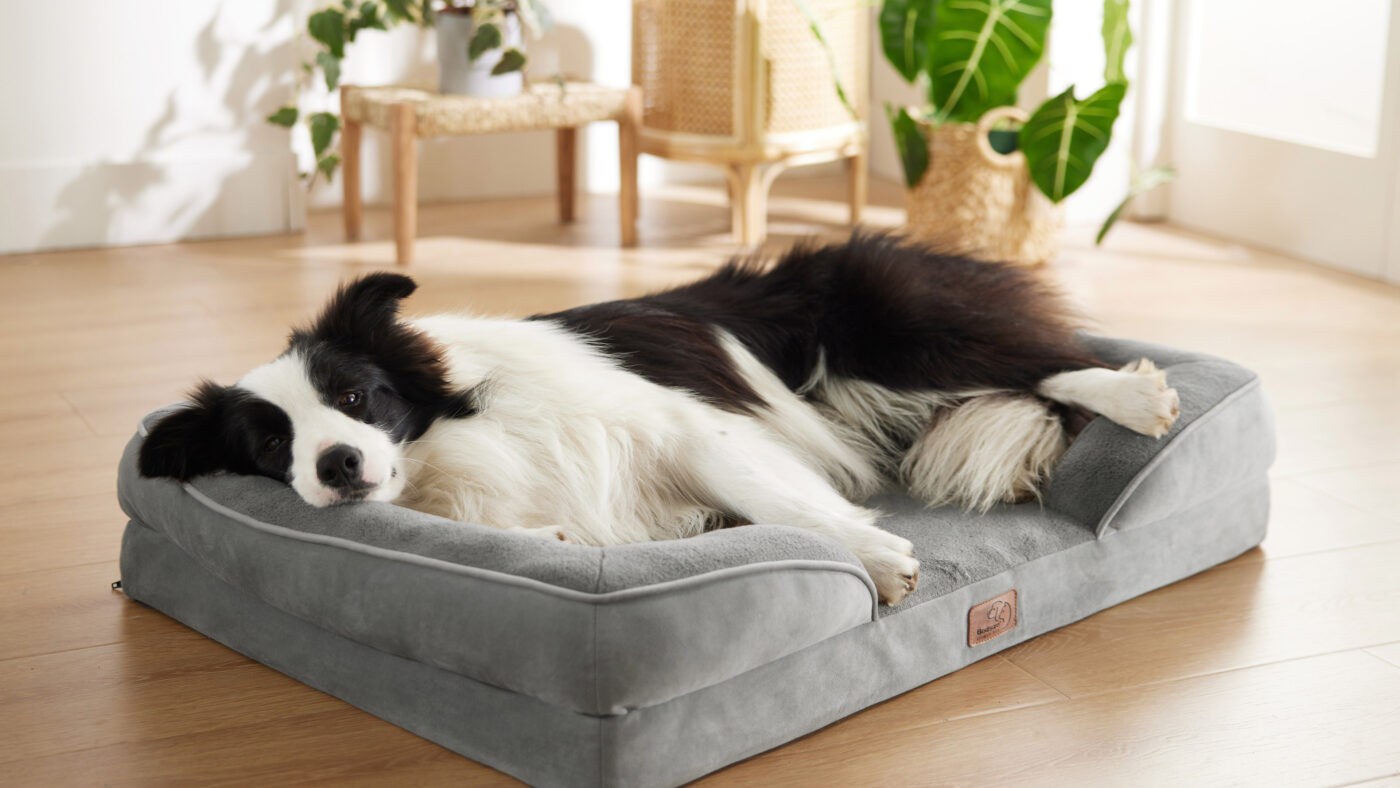
These dog breeds are particularly prone to anxiety due to their sensitive nature, strong attachment to their owners, and high energy levels. Managing their anxiety involves providing regular exercise, mental stimulation, and maintaining a calm, consistent environment. Understanding the unique needs of these breeds is crucial for owners to offer the best care and support, helping their anxious pets lead happy and healthy lives. Regular veterinary check-ups, proper training, and effective calming techniques are vital in managing anxiety and ensuring these dogs can thrive despite their predisposition to stress.


